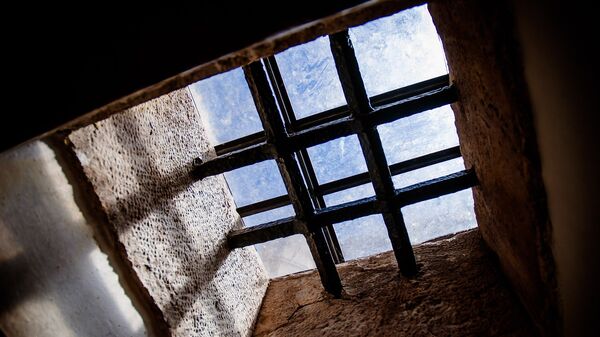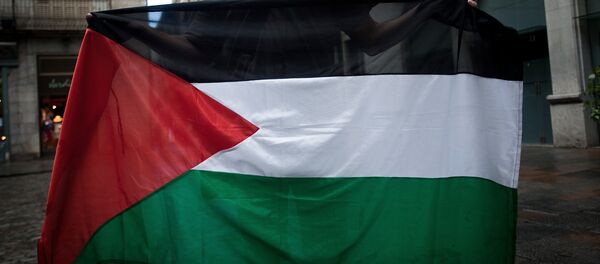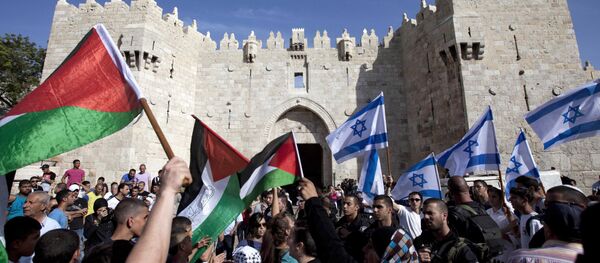The strike began on Monday by Marwan Barghouti, a jailed leader of the Intifada uprisings who is considered a terrorist by Israel. The move is intended to pressure officials into furnishing prisoners with telephone access and better medical treatment and to meet other demands.
The UN is appealing for calm as violence involving the prisoners’ supporters has arisen in the West Bank. UN spokesman Stephane Dujarric said, "We are obviously aware of the situation and following the developments closely … We call on all parties to exercise maximum restraint."
She added that, "as a matter of principle, wherever it may be, we always call for prisoners to be treated in a humane way."
Government officials have shown little interest in meeting the prisoners’ demands, as Israeli Public Security Minister Gilad Erdan has said that prison officials will not negotiate with the striking prisoners.
Barghouti, founder of the Al-Aqsa Martyrs Brigade and former head of Fatah’s armed Tanzim wing, is being kept in solitary confinement at Kishon Prison after being moved from Hadarim Prison. Fatah is a secular, nationalist political party formerly known as the Palestinian National Liberation movement.
Barghouti is serving five life terms for being implicated in four terror attacks, five counts of murder and one count of attempted murder, for which he was sentenced to an additional 40 years.
Following an article Barghouti published in the New York Times explaining the strike, Israeli prison representatives announced that strikers would be punished.
He wrote, "Palestinian prisoners and detainees have suffered from torture, inhumane and degrading treatment, and medical negligence. Some have been killed while in detention. According to the latest count from the Palestinian Prisoners Club, about 200 Palestinian prisoners have died since 1967 because of such actions. Palestinian prisoners and their families also remain a primary target of Israel’s policy of imposing collective punishments."
In a statement released Tuesday, Israeli Prime Minister Benjamin Netanyahu railed against the characterization of Barghouti as a leader, calling the striking prisoners "murderer and terrorists."
Israel Prisons Service spokesman Assaf Librati said on Tuesday that, "The Prisons Service has started taking disciplinary measures against the strikers, and in addition a number of prisoners have been transferred to separate wings … It is to be emphasized that the [Prisons Service] does not negotiate with prisoners."





